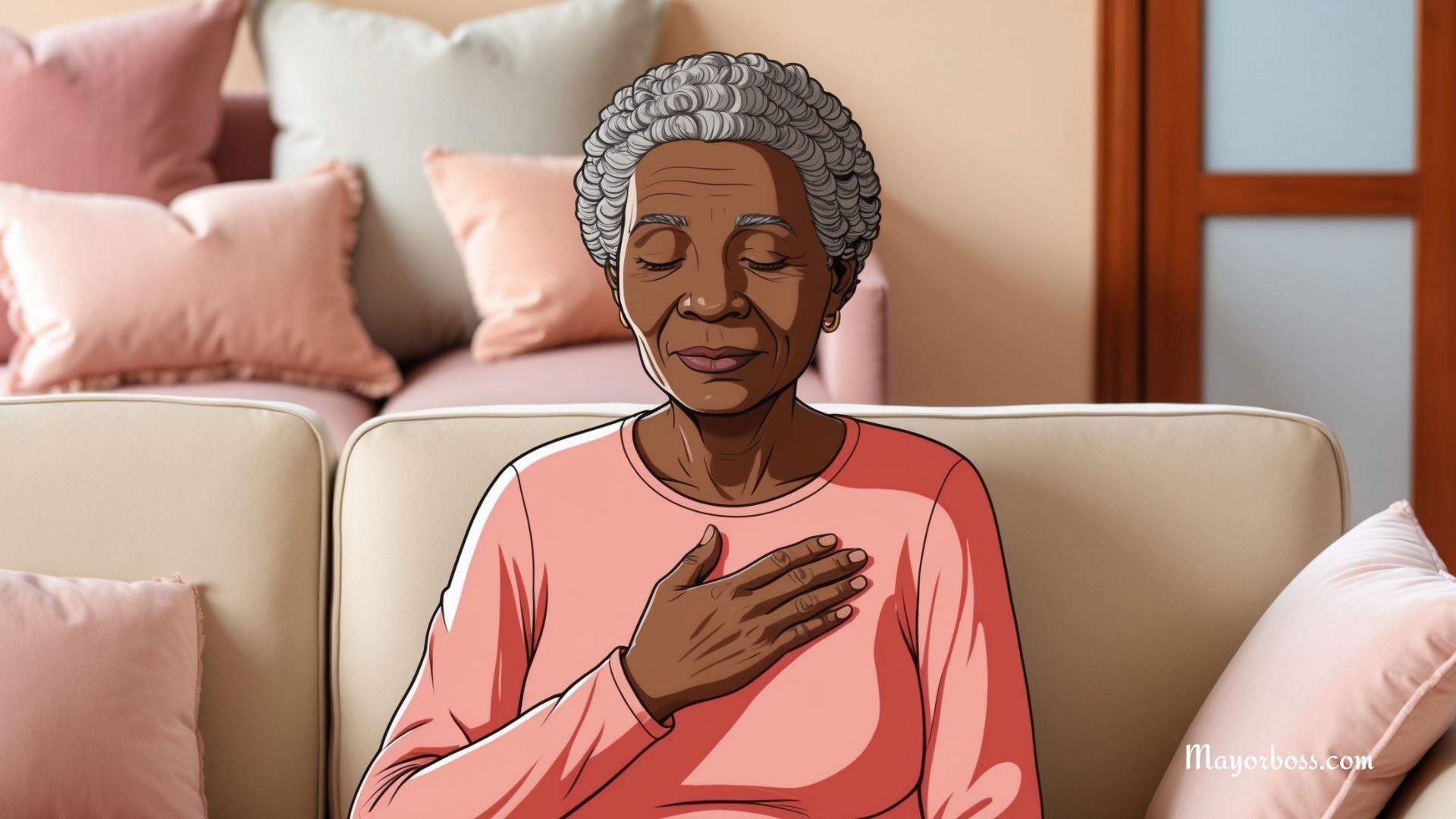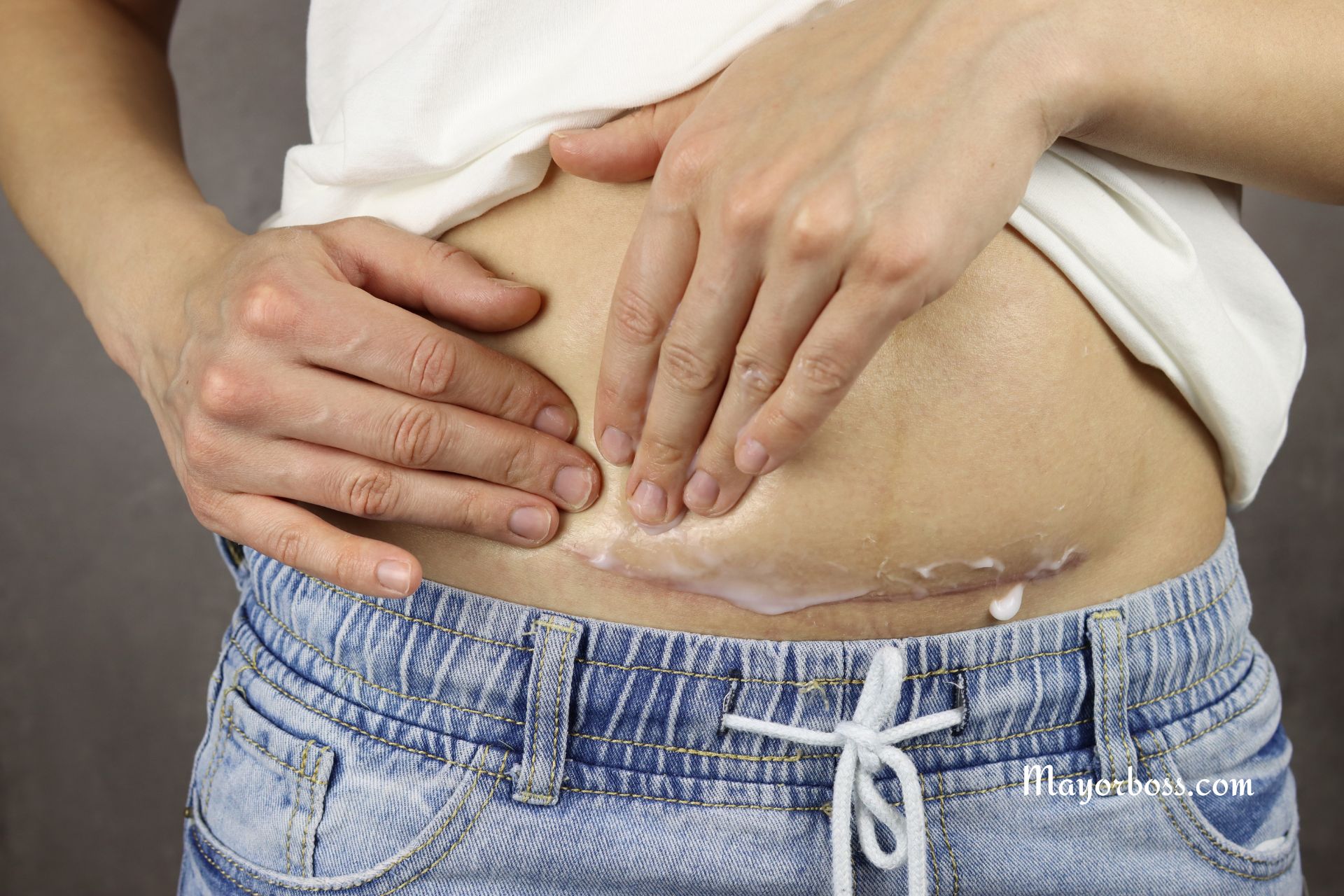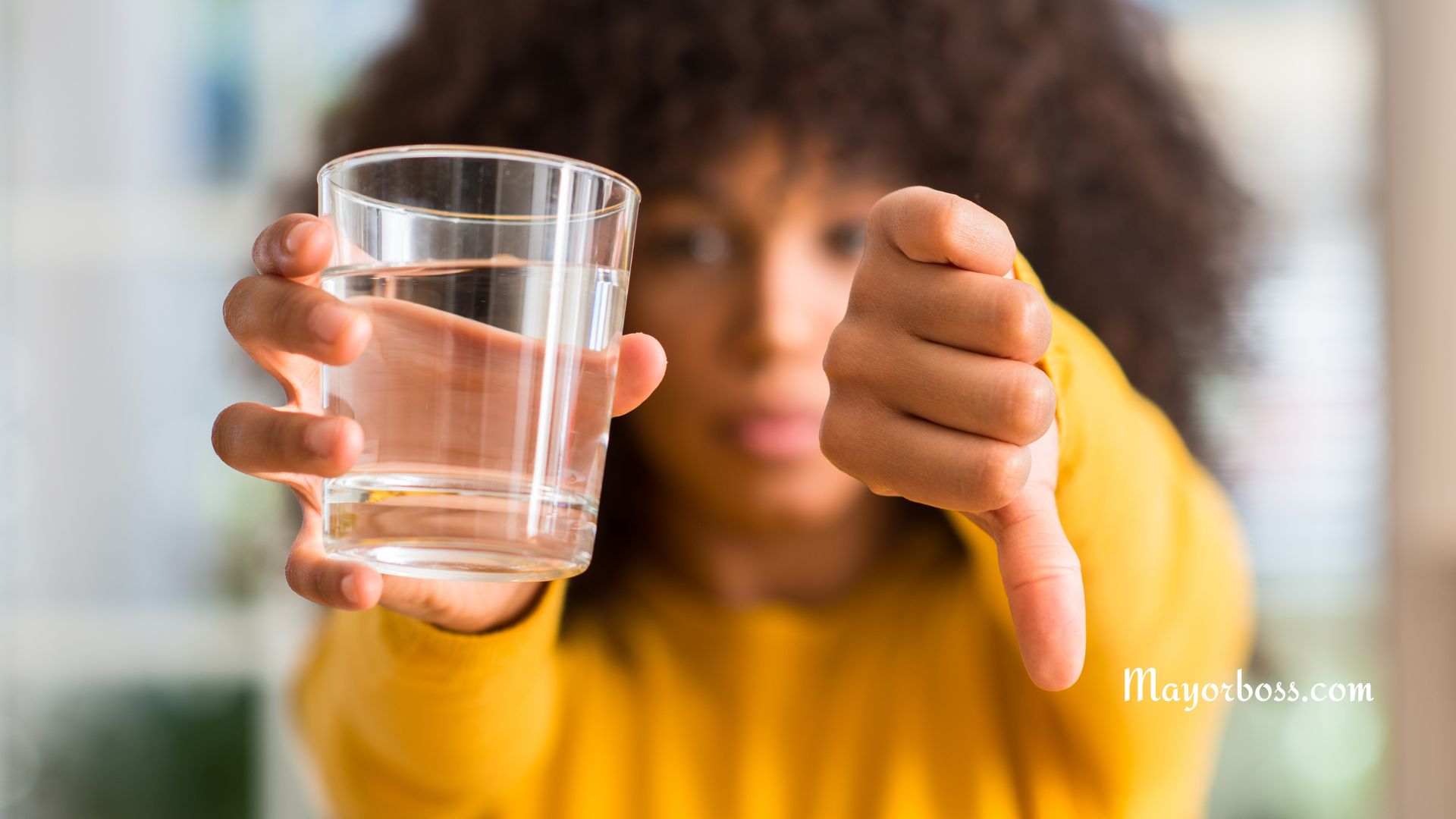You’re Probably Drinking Too Much Water — Here’s Why
Water is often hailed as the ultimate solution to many health problems. Everywhere you turn, you’re bombarded with the “eight glasses a day” rule. Staying hydrated is essential for your body’s normal functions, but have you ever wondered if you might be drinking too much water? Yep, it’s a thing. And overhydration can be just as harmful as dehydration.

Drinking excessive water can potentially lead to water intoxication
Water intoxication — or hyponatremia, as it’s called medically — happens when you drink so much water that your body’s sodium levels become diluted. Sodium is essential for regulating water balance in your cells, and when its concentration drops too low, you start experiencing symptoms like nausea, headache, confusion, and in severe cases, seizures or even death.
According to the Cleveland Clinic, hyponatremia occurs when water dilutes the sodium in your bloodstream, thereby leading to cell swelling. The swelling can become dangerous, especially in the brain, as it’s enclosed by the skull and has limited space to expand. This makes it critical to watch how much water you’re drinking.
Too much water puts strain on your kidneys, making them work harder
Your kidneys filter and remove excess fluid from your bloodstream, and they do a fantastic job of keeping your water balance in check. But when you drink an excessive amount of water, your kidneys have to work overtime to expel it. Drinking too much can overwhelm their filtration capacity, leading to imbalances in your electrolyte levels.
Doctors warn that your kidneys can process about 800 to 1,000 milliliters of water per hour. When you exceed this limit, it’s more than your body can handle efficiently, potentially leading to water retention, swelling, or even the more severe side effects we mentioned earlier. While water is crucial for hydration, it’s equally important not to overdo it.
Overhydration can disrupt your electrolyte balance and affect muscle function
Electrolytes like sodium, potassium, and magnesium help regulate nerve function and muscle contraction. When you drink too much water, it can dilute these electrolytes, making them less effective. That’s why marathon runners or people doing strenuous physical activity sometimes suffer from hyponatremia.
Per Cleveland Clinic, electrolytes help maintain fluid balance, which is essential for normal cell function. If your electrolyte levels drop too low, you might experience muscle cramps, weakness, and spasms. In some cases, this imbalance can lead to severe muscle dysfunction, which is especially dangerous if it affects your heart muscles.
Constantly sipping water even when you’re not thirsty is unnecessary
Many people carry around water bottles, sipping throughout the day out of habit rather than actual thirst. While staying hydrated is necessary, constantly forcing water into your system can actually throw off your body’s natural balance.
Experts say thirst is your body’s way of telling you when it needs more fluid. Forcing yourself to drink excessive amounts even when you don’t feel thirsty can lead to the overconsumption of water. According to the National Institutes of Health, thirst is one of the best indicators of when your body needs hydration. So if you’re not feeling thirsty, there’s no need to gulp down more water than necessary.
Overhydration can dilute stomach acid, leading to digestive problems
Your stomach produces acid to break down food, and drinking excessive amounts of water can dilute this acid, hence making it less effective at digestion. According to some experts, this could lead to indigestion, bloating, and a feeling of fullness even when you haven’t eaten much.
While it’s true that drinking water helps with digestion, overloading your stomach with too much water could have the opposite effect. Doctors caution that sipping water throughout meals is fine, but chugging large amounts may disrupt the delicate balance of stomach acid needed for proper digestion.
Overhydration can disrupt your sleep cycle if you’re up all night using the bathroom
Think about how many times you’ve woken up in the middle of the night because you had to run to the bathroom. Excessive water intake, especially later in the day, can disrupt your sleep cycle by increasing the frequency of urination. While drinking water in the evening is important, overdoing it can lead to fragmented sleep and fatigue during the day.
Doctors suggest limiting water intake a few hours before bedtime to avoid disrupting your sleep. If you’re up multiple times during the night for bathroom breaks, that’s a clear sign you might be drinking more water than necessary.
The myth of “eight glasses a day” isn’t a one-size-fits-all rule
The idea that everyone needs eight glasses of water a day is a generalized guideline, not a hard-and-fast rule. Your water needs depend on various factors like your body size, activity level, and climate. According to the U.S. National Library of Medicine, there’s no scientific basis for the eight-glass rule. In fact, some individuals may need more or less water depending on their specific circumstances.
Some experts believe that focusing on drinking water in response to your body’s signals, like thirst, makes more sense than following a rigid water-drinking schedule. Listen to your body — it knows what it needs.
Factors that affect how much water you actually need
Several factors determine how much water is right for you. If you’re highly active, you may need more water to compensate for the fluid lost through sweat. However, if you’re sedentary or live in a cooler climate, your water requirements may be lower.
Doctors emphasize that individual needs vary, and your body’s thirst response is generally reliable. If you’re eating a balanced diet with water-rich foods like fruits and vegetables, you’re probably already getting a significant portion of your daily hydration from your meals.
How to monitor your hydration level and avoid overhydration
One of the simplest ways to check your hydration status is by looking at the color of your urine. If it’s pale yellow or clear, you’re likely well-hydrated. Dark yellow or amber suggests you need more fluids. On the flip side, if your urine is almost entirely clear, that could be a sign of overhydration.
As mentioned earlier, medical experts recommend drinking water based on your body’s thirst cues rather than forcing a set amount each day. If you feel thirsty, drink water. If you’re not thirsty and your urine is a healthy color, there’s no need to chug more.
Conclusion: It’s time to rethink your water intake
Water is essential for your health, but too much of a good thing can be harmful. Overhydration can lead to serious health risks like hyponatremia, disrupted sleep, and digestive issues. Rather than sticking to the rigid eight-glasses-a-day rule, listen to your body and respond to its natural signals. Thirst is a reliable indicator of when you need more water, and monitoring your urine color can help you avoid overdoing it.
If you’re ever concerned about your hydration levels or start experiencing symptoms like frequent urination, dizziness, or bloating, consult your physician.






